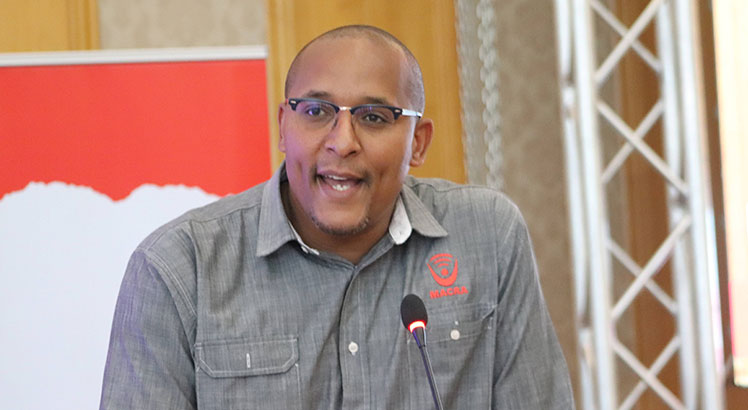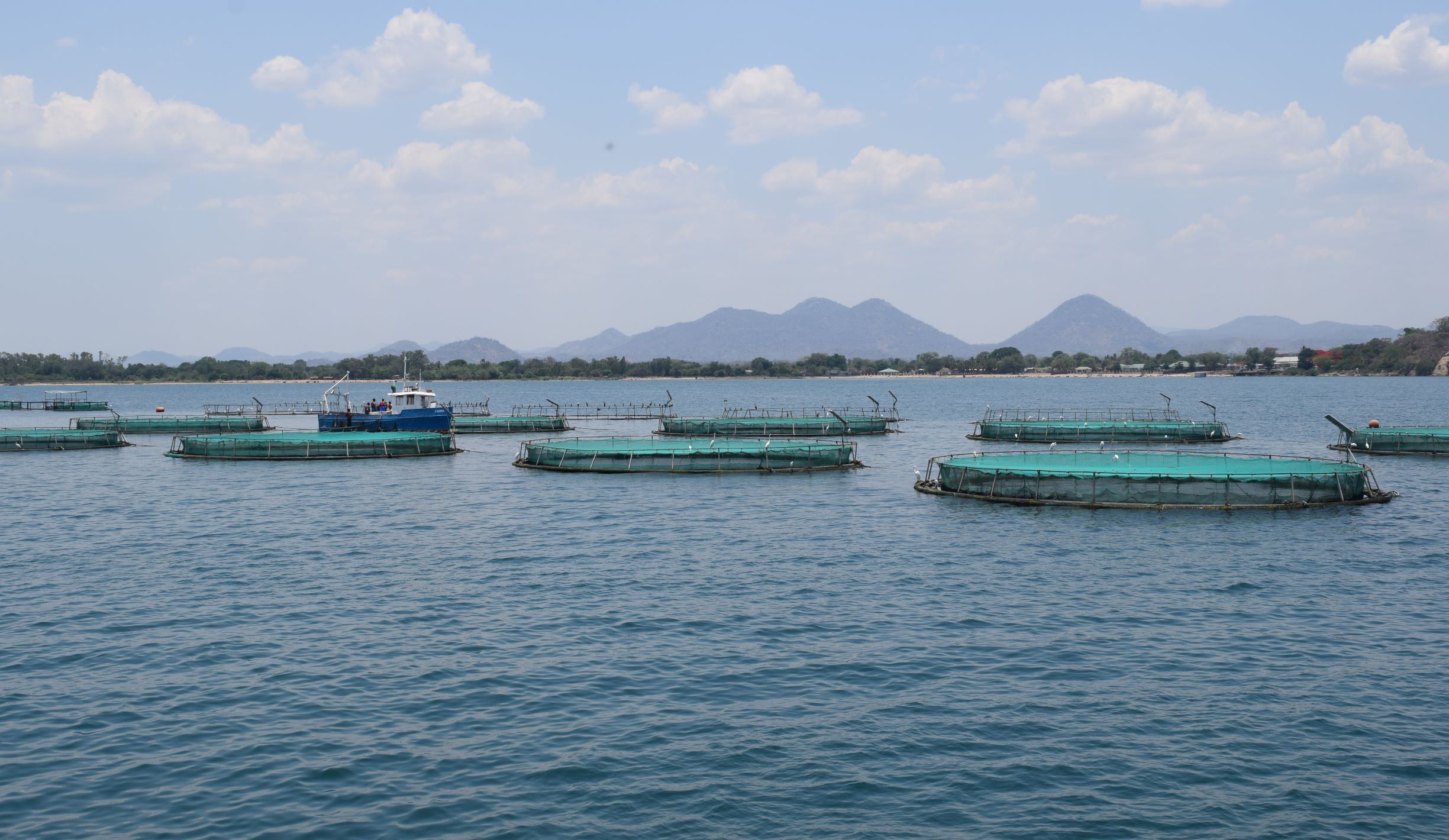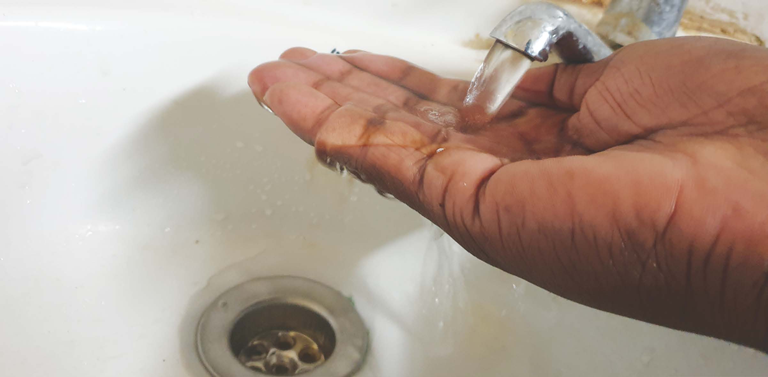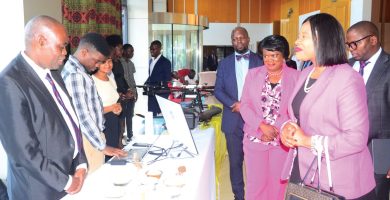Macra decries fake news
Malawi Communications Regulatory Authority (Macra) director general Daud Suleman has decried the proliferation of fake news on social media, saying it is a matter of concern to the regulator.
Speaking yesterday in Lilongwe when he opened a three-day media workshop on fake news, he said that is why there is need for collaboration with the media and other stakeholders to combat the spread of fake news in the country.

Said Suleman: “The digital space is new to everyone, including the regulator, the media and the public. So, issues to do with digital literacy, our understanding and comprehension of the space that we find ourselves in, is an issue that we need to collaborate on both ends so that we can assist each other to combat the spread of fake news.”
He said Macra believes that a well-informed nation that can make decisions is the basic foundation that will build the country’s digital economy.
Suleman said: “Do we want to build a digital economy that is based on misinformation or one that is based on bad data? If we build a digital economy based on misinformation and bad data, it will be a disaster. We are in a digital economy, and the next best thing that will happen to Malawi is the growth of it.
“The basic foundation that will build that digital economy is a well-informed nation that knows what is good data, what is good information and can make decisions.”
He was hopeful that following the training, there will be better information about Malawi and better content about the economy, and the people.
Macra board chairperson Stanley Khaila said fake news has serious consequences, and must be stopped.
He said: “Fake news is dangerous and, in some cases, especially on social media, it can come in the form of photographs of people which have been photoshopped and appear to be of that person when in fact it is not and these are things that we should avoid at all costs.
“This is not censorship, it is about reporting the truth, content must say what it is, and not what it ought to be. It is our country, so let us make sure that we are reporting truthfully and the content should say what has really happened,” he said.
Malawi University of Business and Applied Sciences lecturer Dr Jolly Ntaba, who teaches journalism and media studies, said the training will help the journalists to detect different forms of fake news.
“If a journalist is in a position to detect fake news, then it will be easy for him or her to serve their communities well. Journalists need to be empowered to stop fake news before it makes headlines,” he said.





